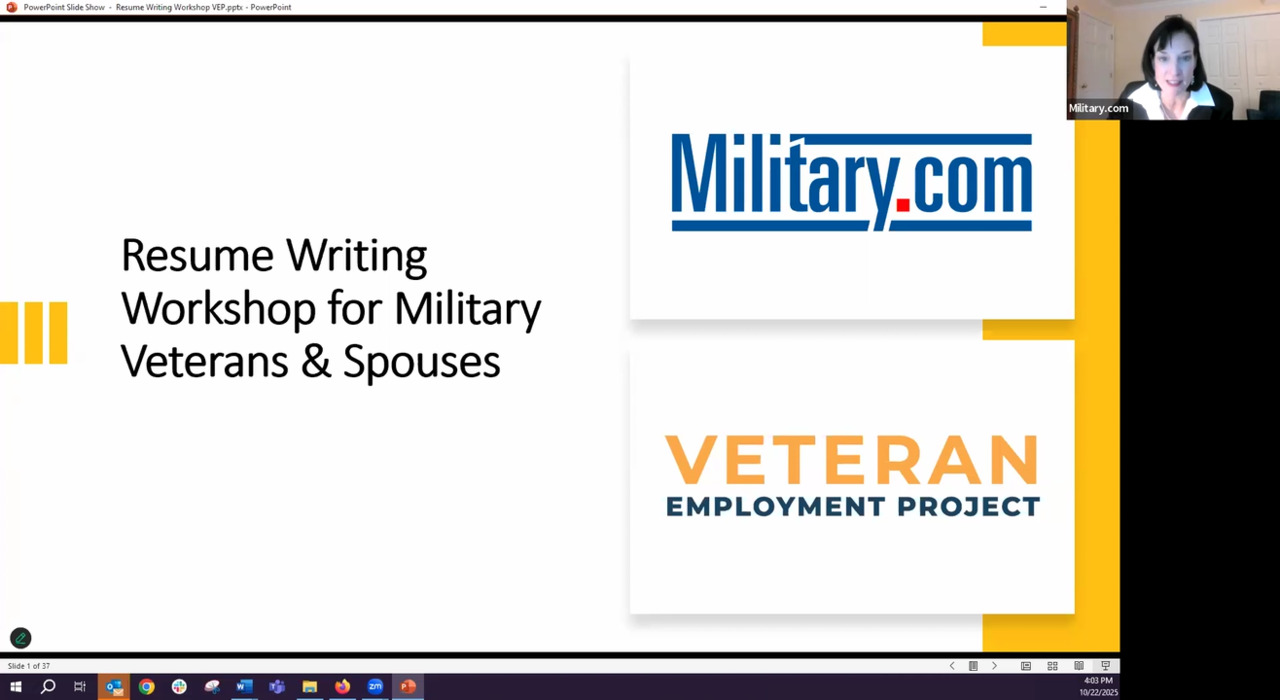Making Guard and Reserve Service Work for You
Army National Guard
Whether your goal is to establish a civilian career, pay for college or prepare for a secure retirement, you can make it happen in the Army National Guard. Visit its website today to learn more.
Air Force Reserve
Gain new skills in the Air Force Reserve. To learn more, go here.
Air National Guard
Protect America's skies and defend our freedom. Air National Guard offers more than 180 career choices. You hold the key to tomorrow's future. Click here.
The National Guard and Reserves offer programs that allow you to serve your country part time and get many benefits of full-time service. Here are some secrets to help get the most of your Reserve or Guard experience:
1. Get a new skill. The National Guard offers programs to retrain people with previous military experience interested in new skills. Training is based on service needs. Service programs also have annual retraining quotas they can offer.
2. Expanded medical and dental care. Medical and dental benefits have expanded their coverage for Reservists, Guards members and their families.
3. Help with employers. The Uniformed Services Employment and Reemployment Rights Act protects you and ensures your ability to serve part time.
4. Get more money for college. Because the Guard is chartered through states as well as the federal government, state Guard organizations can offer additional money for college beyond service-specific or federal GI Bill. For example, the Texas National Guard will pay 100% for up to 12 credit hours per semester for all enlisted and select warrant and officer ranks.
5. Score points. Reservists and Guards members earn credit toward retirement based on points. Fifty points equals one year of federal service. You may earn up to 75 points per year. You earn one point for each day of active duty, one point for four hours of inactive duty training (not to exceed two points per calendar day), and one point for every three hours of Extension Course Institute (ECI) courses. Your pension is calculated based on these points when you reach age 60.
6. Get training. Once you're a Reservist or Guard member, you can explore a variety of training opportunities that give you valuable training you can use in the civilian world and earn you credit toward promotion and retirement.
7. Be committed. As you progress, your Reserve or Guard commitment will require more personal and professional time.
8. Go to war. Today's volunteer military relies heavily on the Guard and Reserves. During national emergencies, you may be called upon to serve for extended periods. You also may volunteer for extended active duty if your unit is not called up.
9. Fringe benefits. Members of the Guard and Reserve can use space available flights, commissaries and base/post exchanges. Some restrictions apply.
10. Pick the right specialty. The Reserves and Guard offer bonuses based on need to people with special skills. Asking the recruiter what kind of skills are in demand can help you get the biggest bonus and the best offer.
Bonus tip: You don't have to live in a particular state to be a member of that state's National Guard. The only requirement is for you to make scheduled drill and duty.
Interested in Joining the Military?
We can put you in touch with recruiters from the different military branches. Learn about the benefits of serving your country, paying for school, military career paths, and more: sign up now and hear from a recruiter near you.














